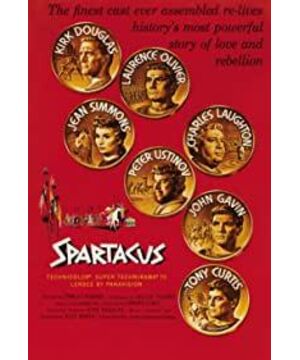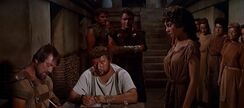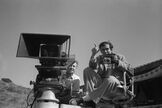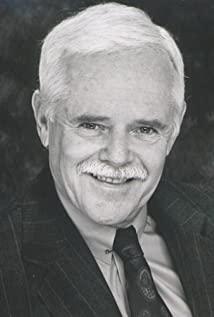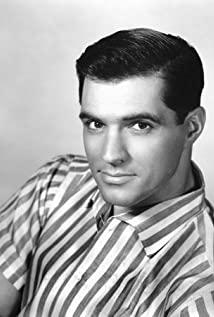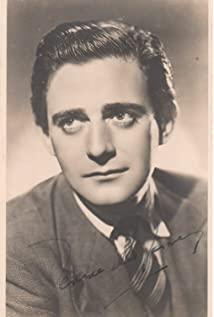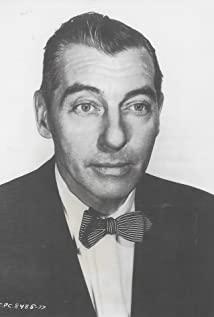The brave and fearless leader of the slave army chose the Alps and the old road of Hannibal of Carthage. "His successive victories terrified the wealthy Italians, but also filled the Italian slaves with hope. As a result of the concerted efforts of all parties, his army swelled to as many as 120,000 people; He had to refuse recruits to join."
Yes, when the movie Rhys Badacus said "there is only one way to escape this country...", how I wish he was talking about the North, from the route the sworn enemy of Rome invaded them go back.
But no matter the mountain or the sea, the tragedy always stays in the last scene. This army of the lowest men had already stirred the resolve of Rome, and they called back Pompeii in Spain and Lugalas in Macedonia at the same time. The righteous division was pushed back by a steady stream of troops and was forced to march on Rome.
The Roman phalanx slowly unfolded under the hill, and the soldiers were strong and firm, like a plaster statue made from a mold. This law-enforced power swore to devour everything that is alien.
Lugalas was a noble nobleman who assisted Sulla in his crusade against Mithdalati in 74 BC. For eight years he led his army with courage and skill. Whether or not Gracchus had bribed the pirates, the Roman fleet would not have allowed them to dock easily; in fact, the Battle of Actium a few years later was the pinnacle of the Roman fleet.
Crassus was a noble family, and his father committed suicide in defeat. Sulla felt virtuous and let her son buy the confiscated property of the condemned at a low price. Crassus studied literature, philosophy, and law in his early years. Already the richest man in Rome, he longed for public office, his own military district, and a commander-in-chief in Asian campaigns.
At this time, Pompeo was only 35 years old, handsome and handsome, but he was already a veteran of the battlefield. He was born into a family of samurai, and has won the admiration of the public for his courage and temperance. He had defeated Sulla's enemies in Sicily and Africa, and because of his victories and pride, the dictator Sulla gave him the nickname "Magnus the Great".
Spartacus was no less than the three Roman generals. He was wise, resolute, understanding, and gentle, and he knew that fate had brought him to the final battle. In terms of strength and training, the Rebels were no longer the opponents of the Roman legions. "Seeing that the general situation was over, and there was no hope of victory, Spartacus went straight into Crassus' army with a single shot, rushed to the center of the enemy's line, killed two enemy commanders, and was knocked off his horse; because he was too wounded to get up, he died. He knelt down and continued to swing the knife to kill the enemy. In the end, he was almost chopped into meat sauce." Wherever the
righteous teacher came, there were all free people...
View more about Spartacus reviews


